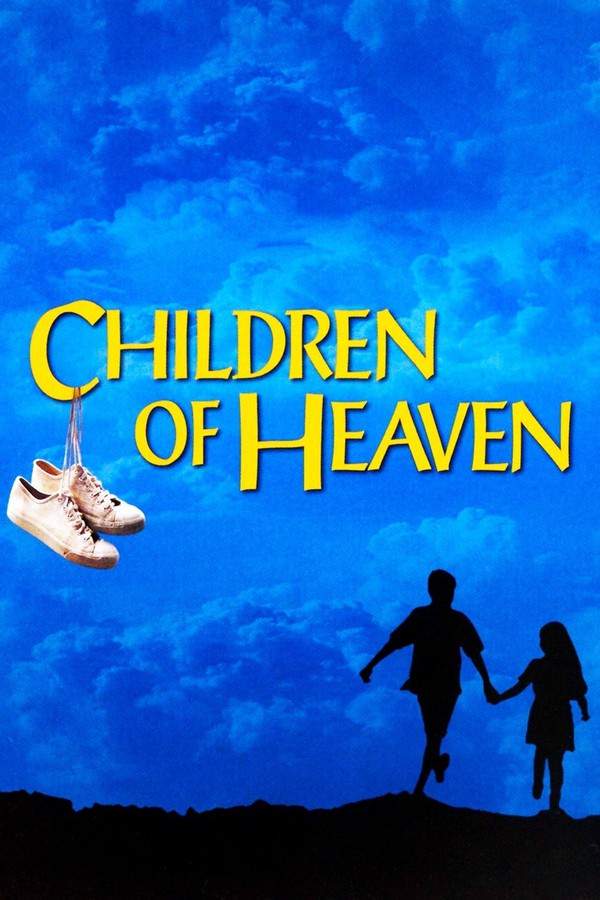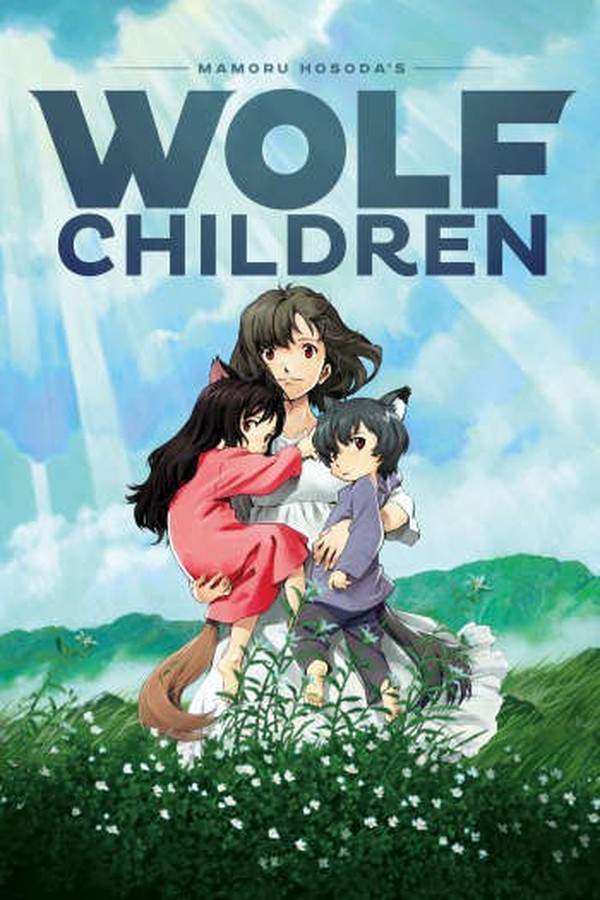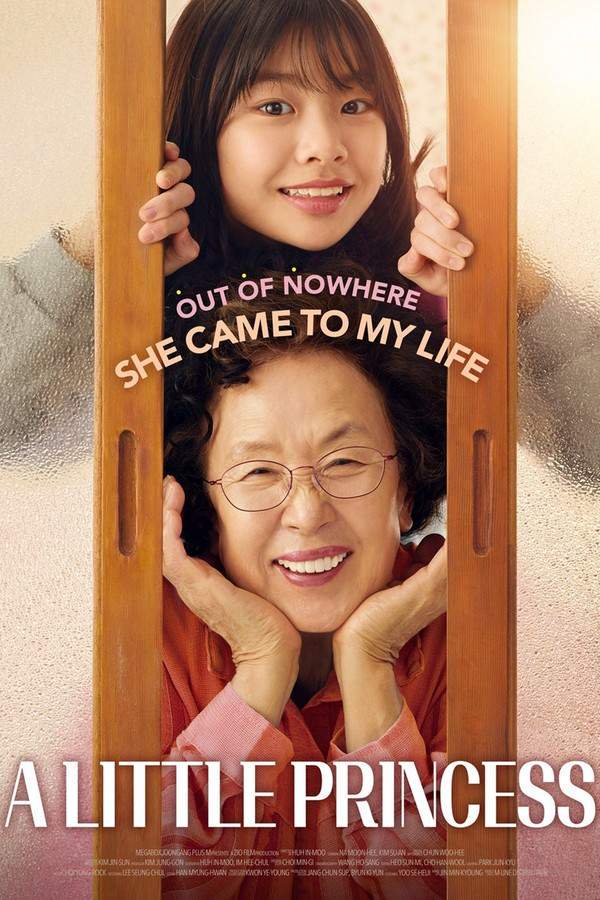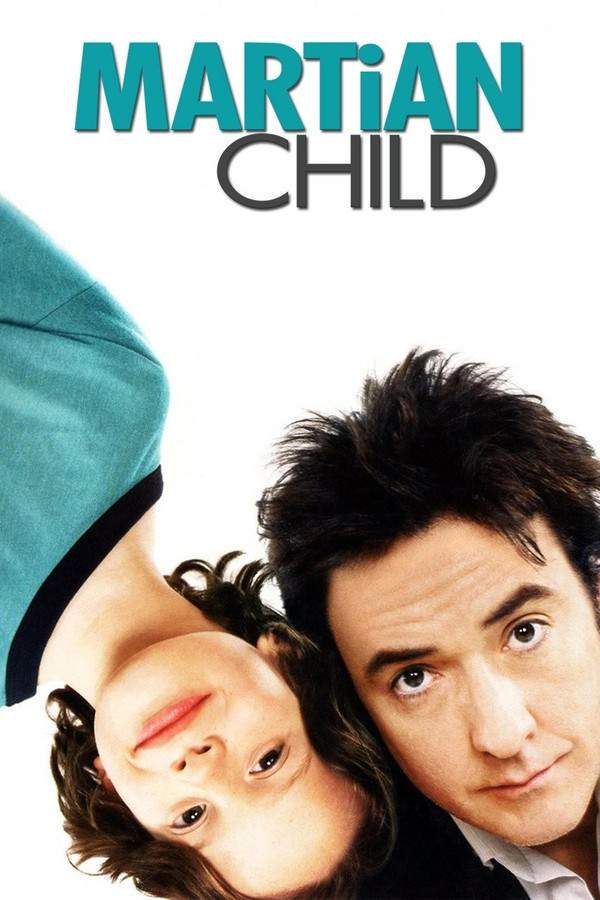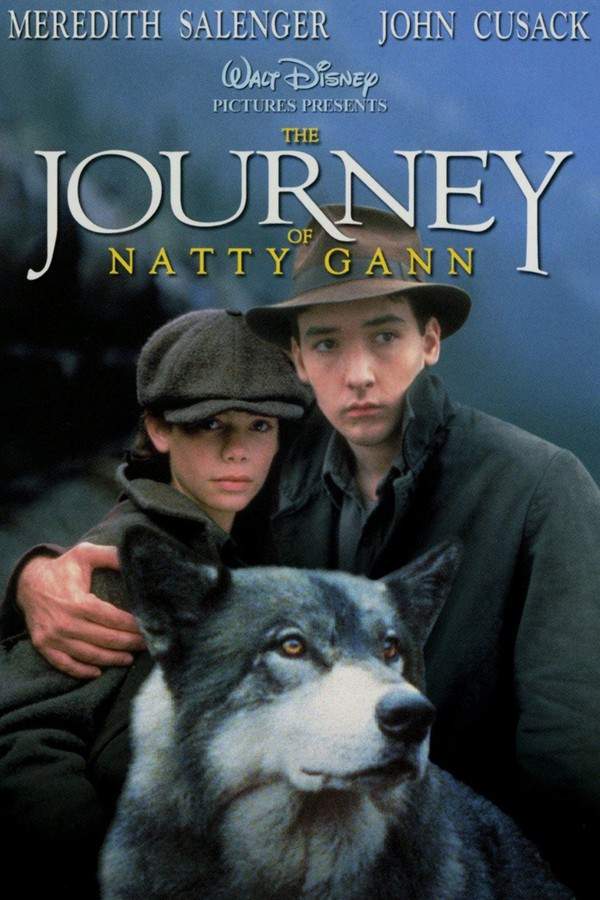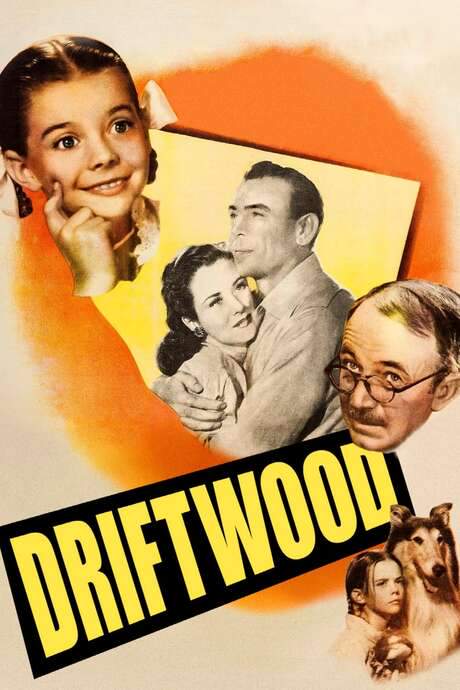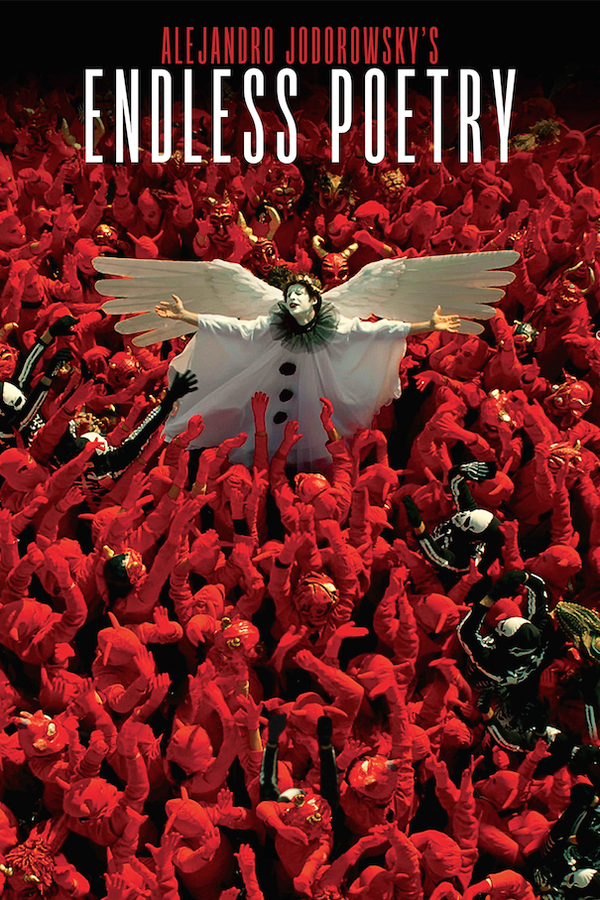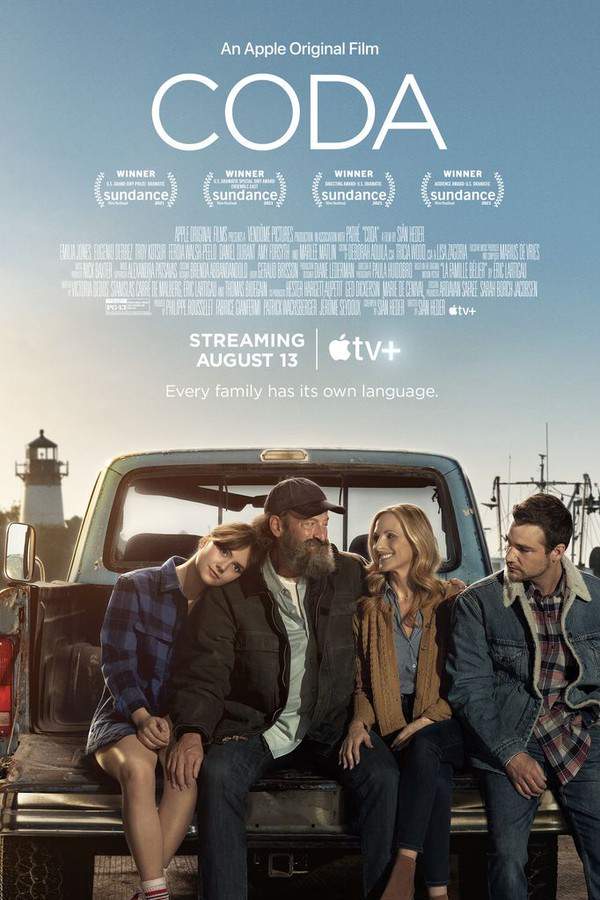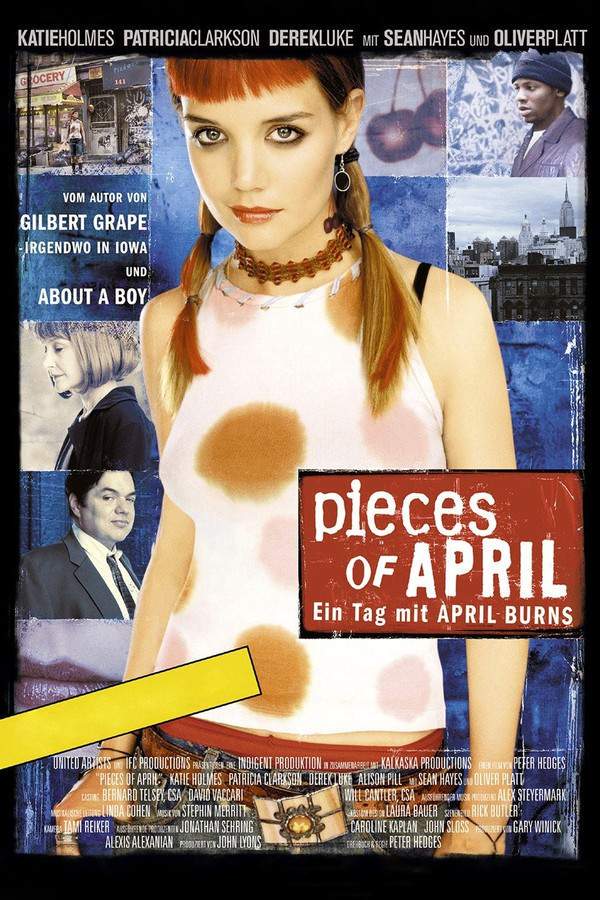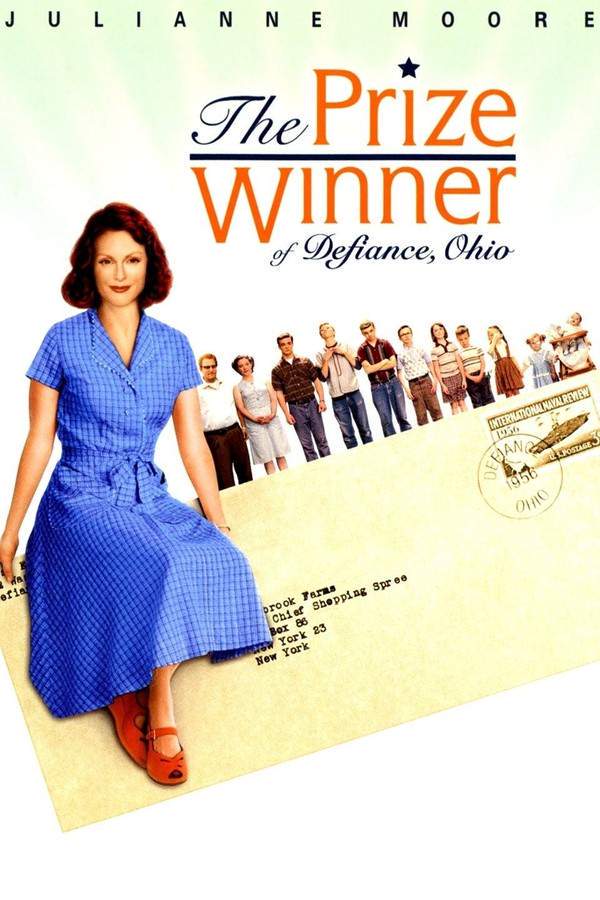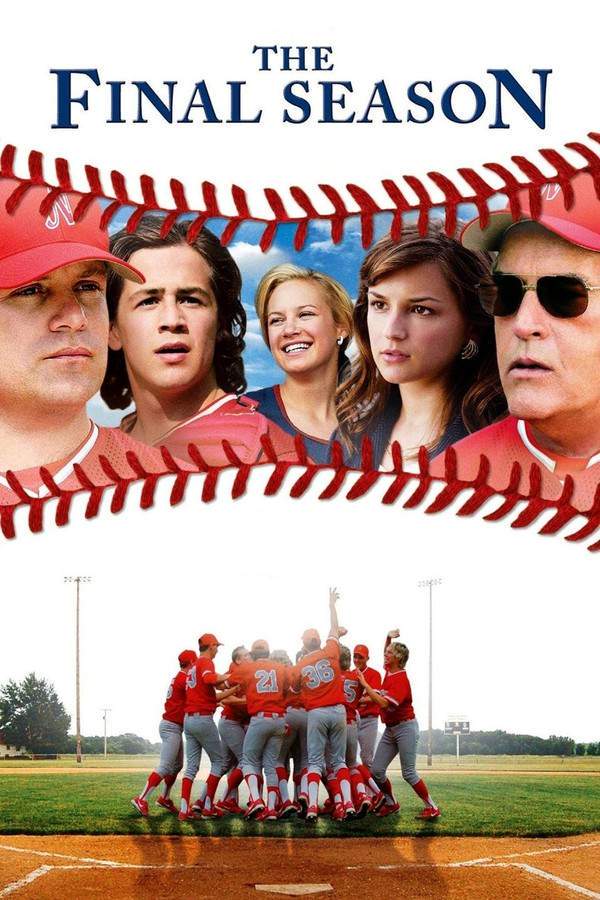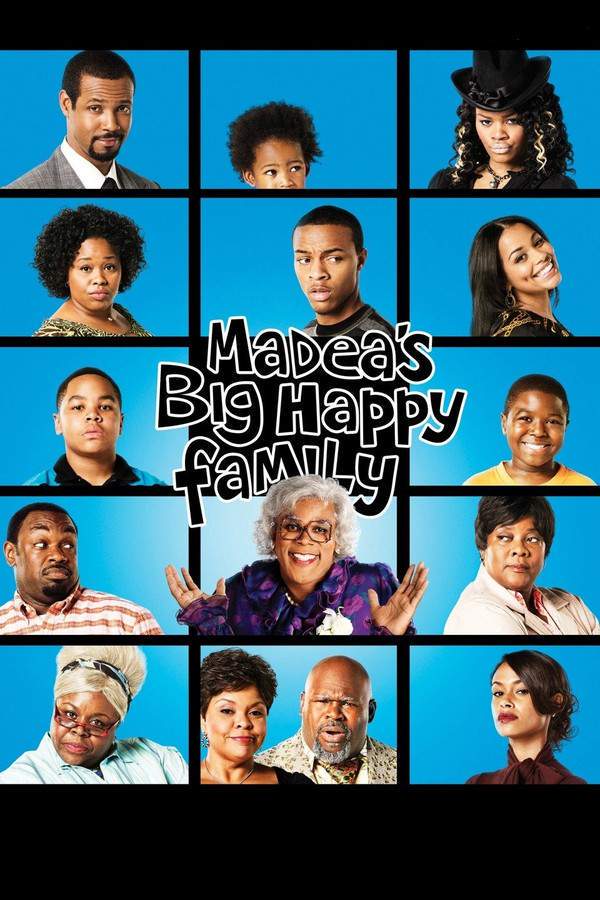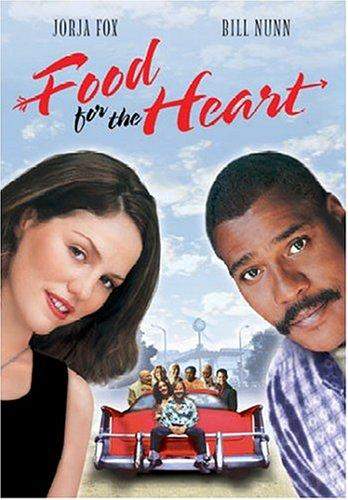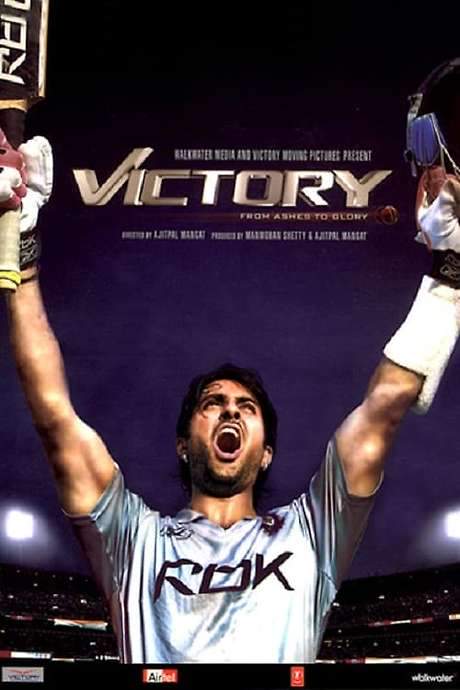
Children of Heaven
Year: 2012
Runtime: 107 mins
Language: Korean
Director: Park Heung-sik
A temporary teacher, Yu-jin, is assigned by the principal to oversee a group of troubled students in an extracurricular club. The goal is to keep them safe after school and prevent accidents. As Yu-jin works with the students, he helps them prepare a musical performance, facing challenges and working towards sharing their creation with the world.
Warning: spoilers below!
Haven’t seen Children of Heaven yet? This summary contains major spoilers. Bookmark the page, watch the movie, and come back for the full breakdown. If you're ready, scroll on and relive the story!
Children of Heaven (2012) – Full Plot Summary & Ending Explained
Read the complete plot breakdown of Children of Heaven (2012), including all key story events, major twists, and the ending explained in detail. Discover what really happened—and what it all means.
Ali, a nine-year-old boy living in a poverty-stricken corner of South Tehran, becomes tangled in a small but relentless crisis when he fetches his six-year-old sister Zahra’s pink shoes after a cobbler repairs them. In a moment of distraction while buying potatoes, he leaves the shoes hidden in a bag outside the vegetable stalls. A homeless man, spotting what he thinks is garbage, unknowingly takes the bag, setting off a chain of frantic miscommunications. Believing the shoes have fallen behind the crates, Ali crashes into a display and is quickly chased away by the grocer, adding another layer of fear to his already precarious situation.
The family’s life is shaped by constant financial pressure: a landlord who is pressing for overdue rent, and a grocer who hasn’t been paid in a long while. The weight of the family’s struggles lands on Ali and Zahra, who try to cope in secret. Ali keeps the truth from his ailing mother, who is five months behind on the rent, and her illness makes every expense feel heavier. To avoid alarming their mother, Ali confides only to Zahra, who agrees to keep the secret. That night, their father scolds Ali for not helping more around the house and for not protecting Zahra’s shoes. The siblings exchange notes during their homework, mapping out a desperate plan that they hope will keep Zahra’s world intact.
The plan is simple in method but difficult in execution: Zahra will wear Ali’s Converse sneakers to school in the morning and return them to him at midday so he can wear them to his own afternoon classes. The siblings cling to this arrangement in the hope that the shoes will be enough to bridge their mounting losses. As the day unfolds, Ali’s academic life briefly shines. He excels on a test and earns a gold-colored pen from his teacher, which he gives to Zahra in a gesture meant to ease her pain and compensate for the lost shoes. Yet the arrangement weighs heavily on Ali. He is late to school three times in a row, each delay a painful reminder of how precarious their plan is. The first time, the principal merely ignores him; the second, he earns a warning; and the third, he is told to leave and return with his hardworking father. It is only the observant and compassionate teacher who notices Ali’s tears and persuades the principal to grant him another chance, arguing that Ali is the best student in the class.
A turning point arrives when Zahra notices her missing pink shoes on another student, Roya. Zahra tailors a plan to confront Roya after class, and she brings Ali along for the mission. From hiding, they observe Roya’s life from a distance and soon realize Roya’s father is blind. Their initial confrontation ends without a direct conflict, and they leave Roya’s home with a new, painful understanding: Roya’s success brings her new violet shoes, while Zahra’s pink pair has been discarded. Zahra is deeply troubled by the inequity she witnesses, the reminder that other children’s luck can erase her own losses in an instant.
Meanwhile, Ali’s father refuses to relinquish hope. He borrows some gardening tools and travels with Ali to the affluent suburbs of North Tehran in search of steady work. The father’s optimism is tempered by the stubborn reality of limited opportunities, but Ali proves to be a diligent and helpful partner, swiftly becoming a capable aid in the gardening tasks. The two men stumble upon a large mansion where they meet a six-year-old boy named Alireza, living under the care of his generous grandfather. The moment is uplifting, and the grandfather’s warmth offers a glimpse of a different life—one where kindness and opportunity mingle. The pair’s visit concludes with a renewed sense that, even in hardship, small acts of generosity can shift the mood at home. On their return, Ali mentions Zahra’s need for new shoes, and his father agrees that giving their children adequate footwear is a reasonable aspiration. Yet fate has another misfortune in store: a bicycle brake failure leads to a crash, injuring their father and interrupting the fragile stride toward stability.
The next chapter centers on a high-profile school race—a 4-kilometer footrace that promises a prize of a week at a vacation camp and a new pair of sneakers for the winner. Ali sees this event as a rare chance to secure a proper pair of shoes for Zahra, a tangible upgrade that could lessen their daily scrapes. He enters the competition with determination, pushing through the course with all his might. In a tense and hard-fought dash, Ali crosses the finish line first, but the celebration is short-lived. When he returns home, Zahra greets him with a smile, hopeful that the victory means she will finally receive a new pair of shoes. Yet Ali’s face darkens with the weight of disappointment, and Zahra quickly senses that he has not secured the promised footwear. He cannot bring himself to tell her the truth outright, and the moment of confession remains suspended in the air as their mother calls Zahra away. In a quick, related visual cue, a shot of their father’s bicycle returns to the scene, hinting at the purchases he has made—white shoes and Zahra’s pink ones—now part of a different kind of household hope.
The emotional center of the film rests on the clarity that the shoes symbolize more than footwear: they stand for dignity, opportunity, and a fair chance at everyday life. Ali’s triumph at the race is tempered by the realization that the prize does not instantly repair the family’s material needs, and Zahra’s quiet disappointment reveals the fragility of their compromises. The story does not demand a tidy moral; instead, it offers a poignant meditation on resilience in the face of systemic barriers, and the stubborn love that binds siblings when the world seems unwilling to bend in their favor.
In some versions, an epilogue appears to close the arc with a note of future possibility: Ali goes on to achieve success in a racing career, suggesting that perseverance and talent can eventually alter the trajectory of a life constrained by poverty. The film, in its many small vignettes—the shared sneakers, the late bells, the encounters with wealth and scarcity, the weathered bicycle, the schoolyard anxieties—paints a nuanced, hopeful, and unflinching portrait of family and community under pressure, inviting viewers to consider what it means to keep moving forward when every inch of progress feels earned at a steep personal cost.
Last Updated: October 03, 2025 at 06:48
Explore Movie Threads
Discover curated groups of movies connected by mood, themes, and story style. Browse collections built around emotion, atmosphere, and narrative focus to easily find films that match what you feel like watching right now.
Stories of Childhood Resilience like Children of Heaven
Stories where children face hardship with quiet dignity and unwavering hope.If you liked the gentle yet powerful portrayal of childhood struggle in Children of Heaven, you'll appreciate these movies. This thread gathers similar family dramas and heartfelt stories where young characters face adversity with quiet dignity, emphasizing hope and small triumphs over despair.
Narrative Summary
These narratives typically follow a straightforward, character-driven path. The central conflict arises from external pressures like poverty or family struggles, but the plot focuses on the children's internal journey of coping, adapting, and finding moments of joy and accomplishment against the odds.
Why These Movies?
They are grouped by their shared tone of hopeful resilience within serious subject matter. The pacing is steady, allowing the emotional weight of the children's struggles to be felt without becoming overwhelming, creating a poignant yet uplifting viewing experience.
Movies with Bittersweet Endings like Children of Heaven
Where personal victories are achieved, but often come with a touch of melancholy.Fans of the emotionally nuanced conclusion of Children of Heaven will find similar satisfaction here. Discover dramas and character-driven stories where the endings are fulfilling yet layered with a touch of sadness, reflecting the complex reality of life's struggles and triumphs.
Narrative Summary
The plot builds towards a significant goal or event that promises resolution. The protagonist often succeeds in a tangible way, but the victory is undercut by a personal loss, a compromise, or the realization that the core problem remains, creating an ending that is both satisfying and emotionally layered.
Why These Movies?
They share a specific emotional mix: the core tone is hopeful, driving the narrative forward, but the conclusion carries a poignant weight. This creates a more realistic and memorable impact than a purely happy ending, resonating with the complexities of real-life achievements.
Unlock the Full Story of Children of Heaven
Don't stop at just watching — explore Children of Heaven in full detail. From the complete plot summary and scene-by-scene timeline to character breakdowns, thematic analysis, and a deep dive into the ending — every page helps you truly understand what Children of Heaven is all about. Plus, discover what's next after the movie.
Children of Heaven Timeline
Track the full timeline of Children of Heaven with every major event arranged chronologically. Perfect for decoding non-linear storytelling, flashbacks, or parallel narratives with a clear scene-by-scene breakdown.

Characters, Settings & Themes in Children of Heaven
Discover the characters, locations, and core themes that shape Children of Heaven. Get insights into symbolic elements, setting significance, and deeper narrative meaning — ideal for thematic analysis and movie breakdowns.

Children of Heaven Spoiler-Free Summary
Get a quick, spoiler-free overview of Children of Heaven that covers the main plot points and key details without revealing any major twists or spoilers. Perfect for those who want to know what to expect before diving in.

More About Children of Heaven
Visit What's After the Movie to explore more about Children of Heaven: box office results, cast and crew info, production details, post-credit scenes, and external links — all in one place for movie fans and researchers.


